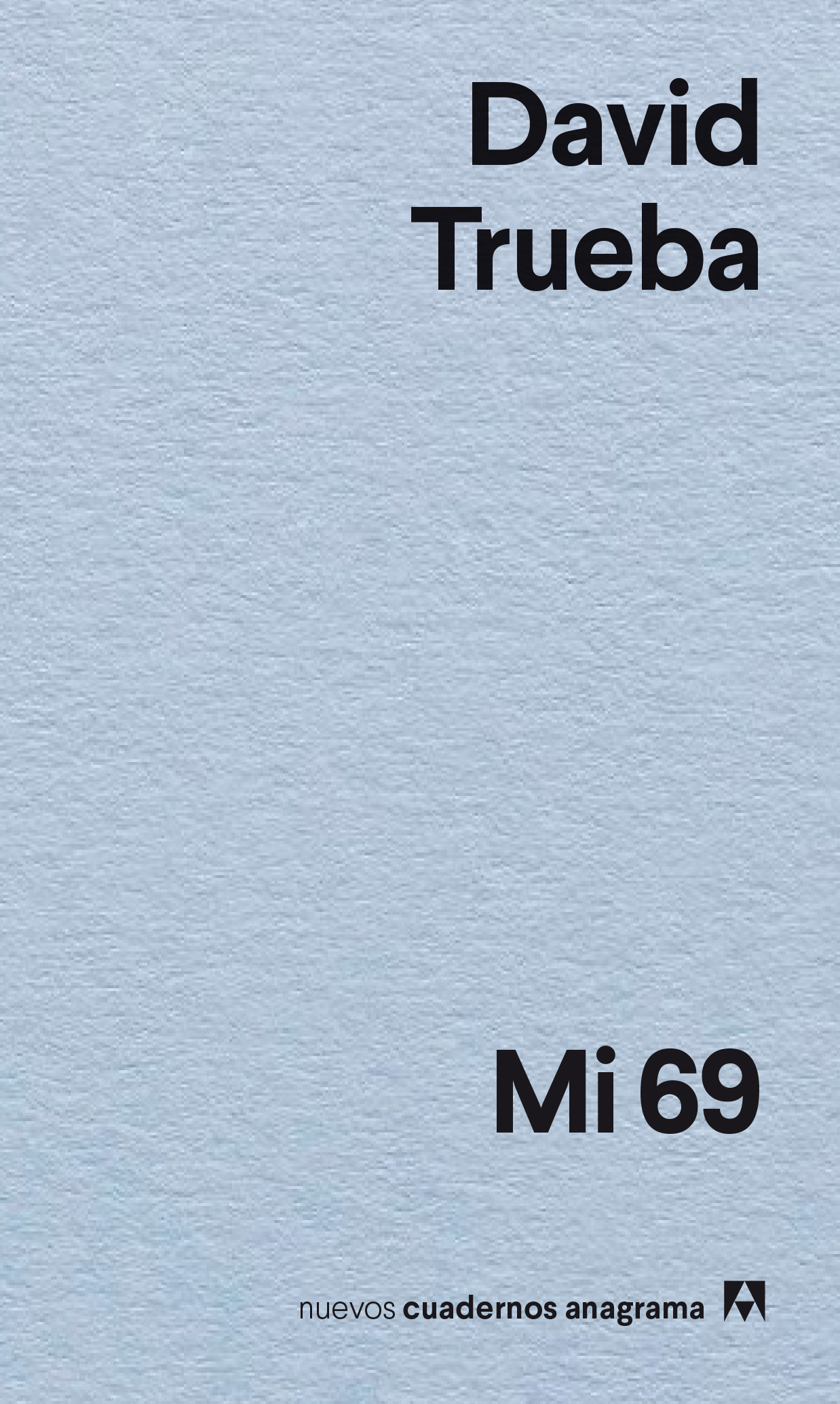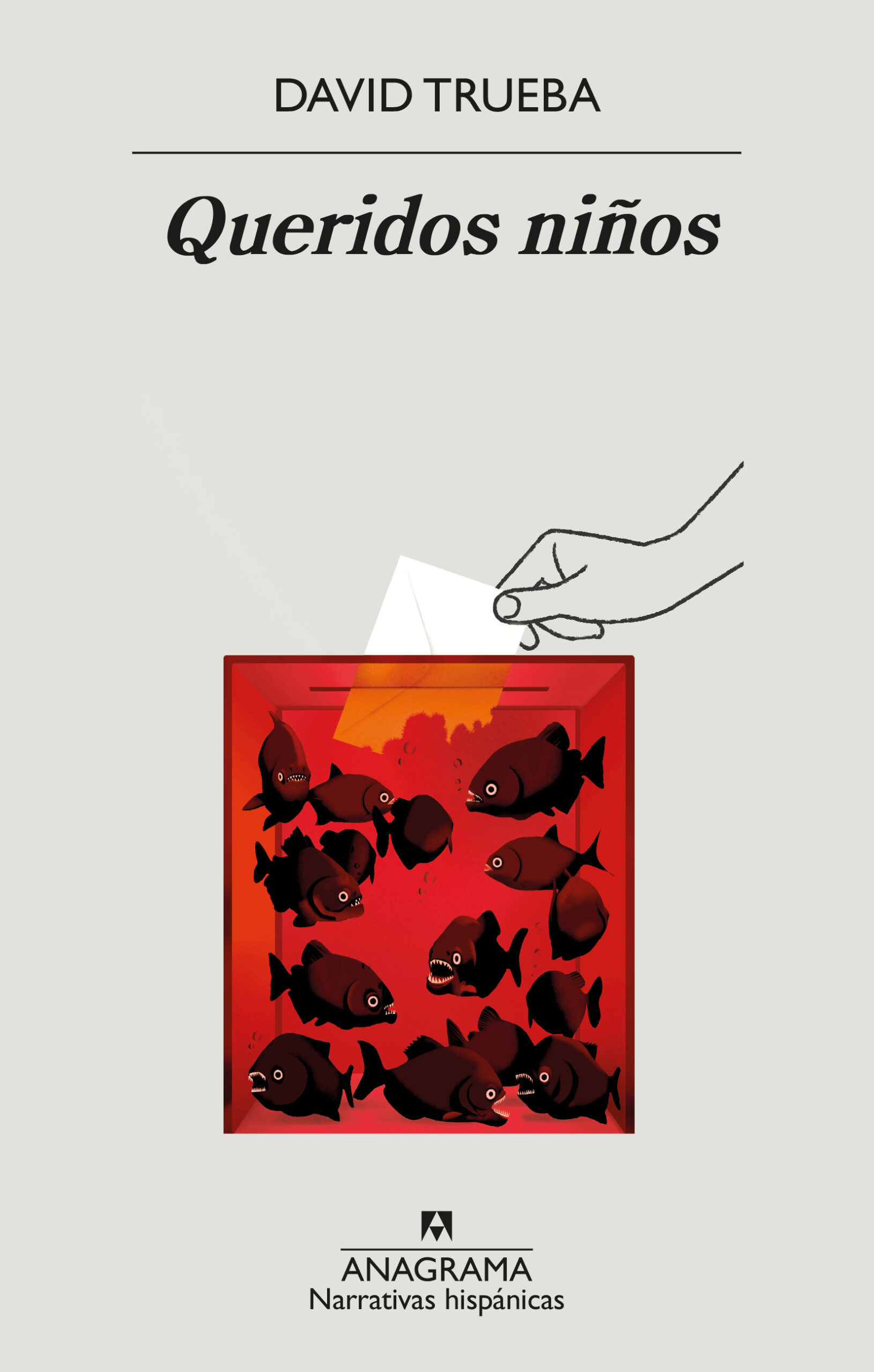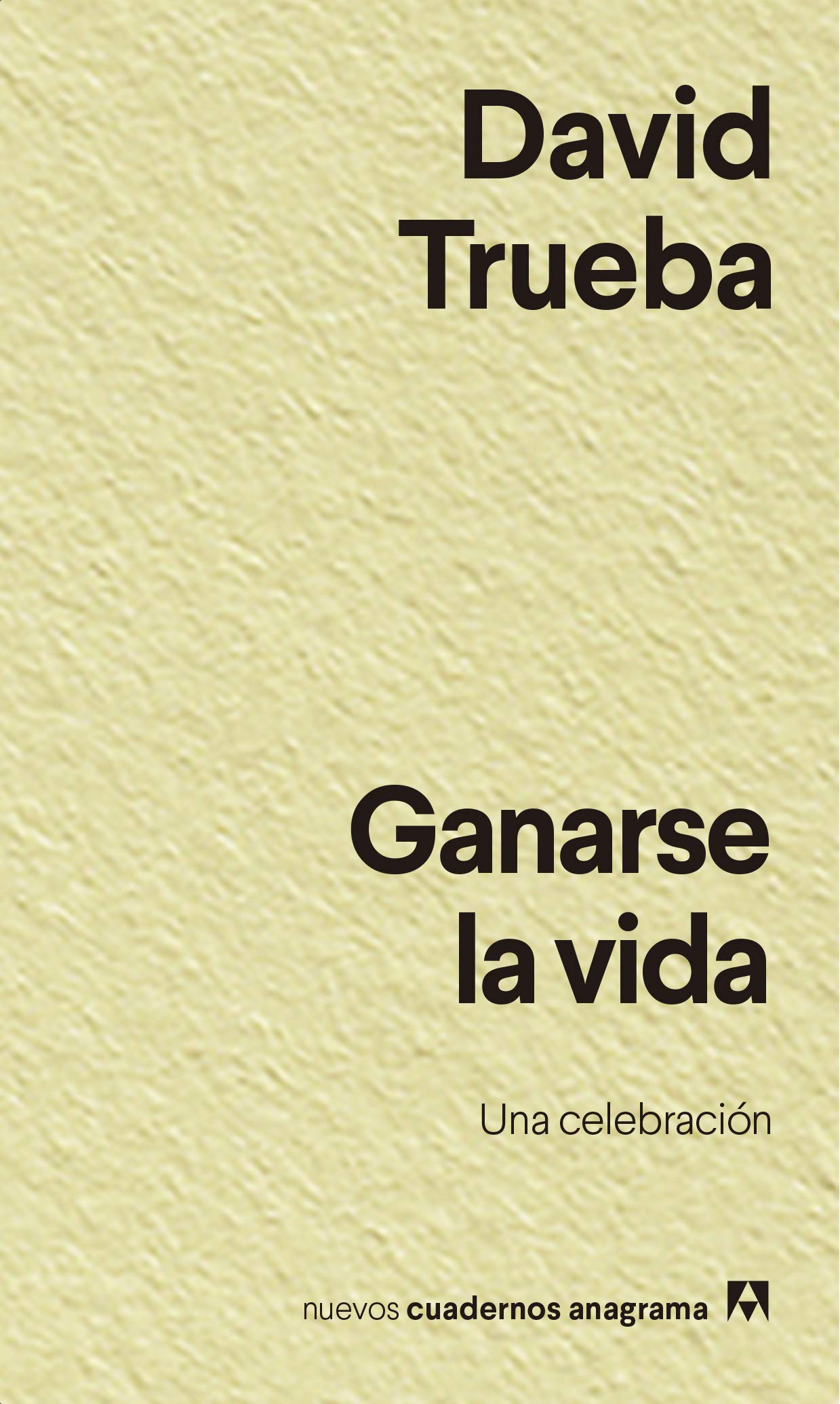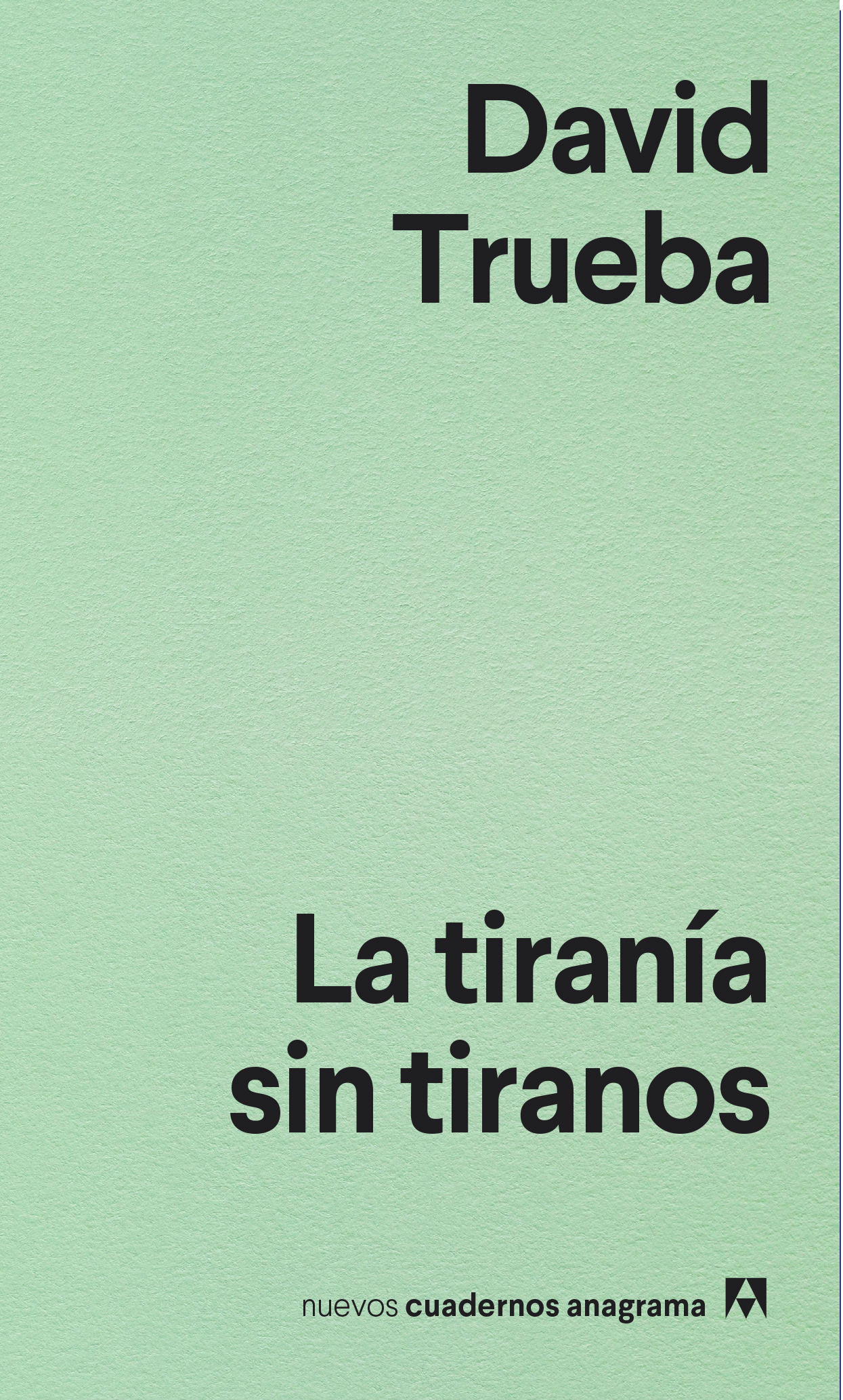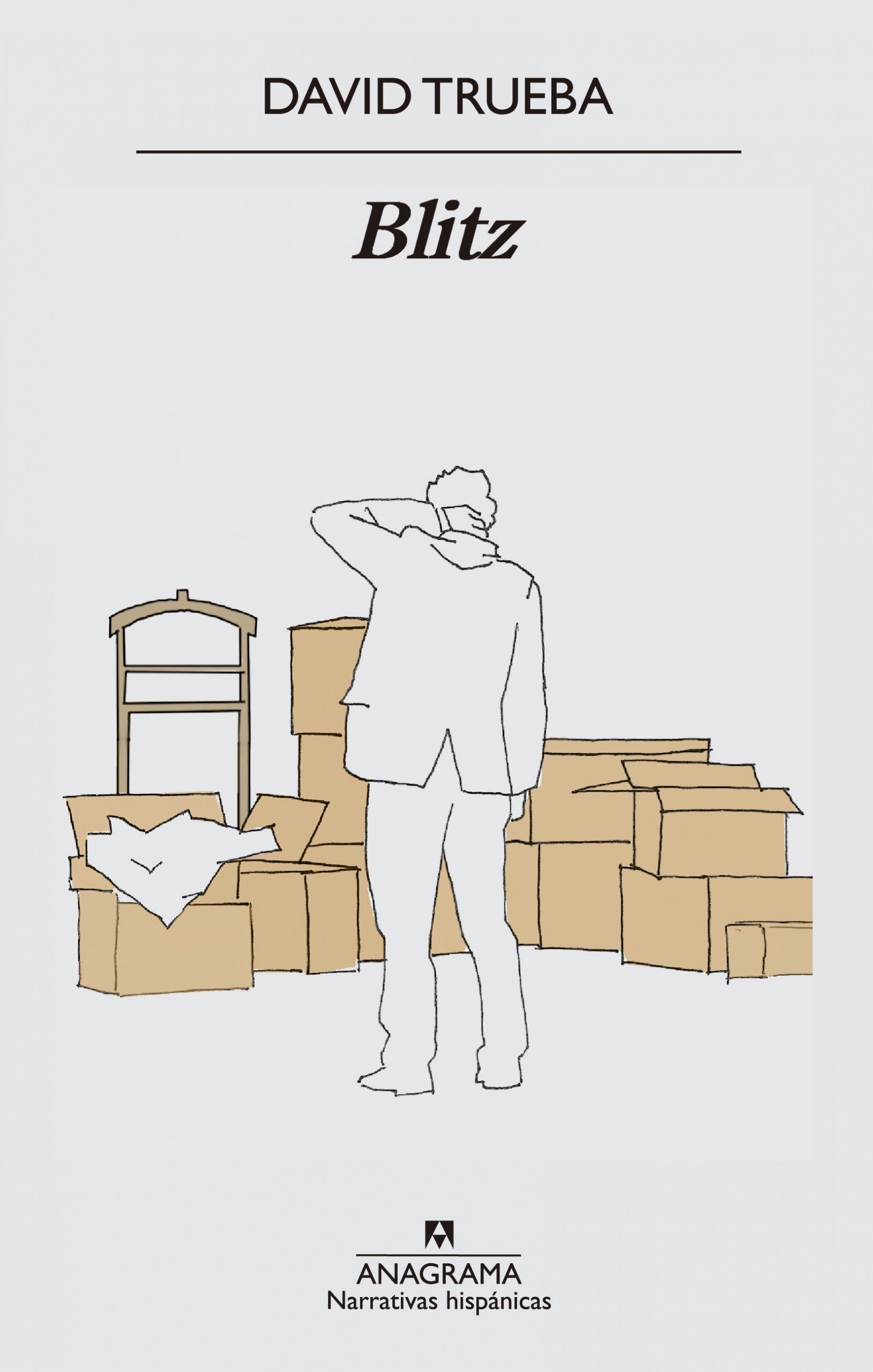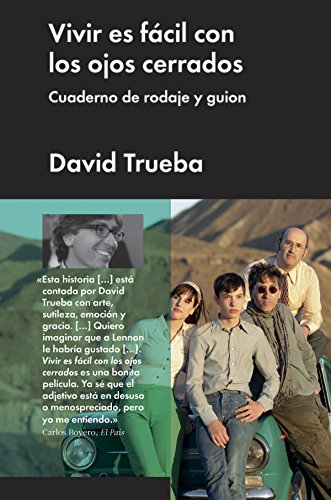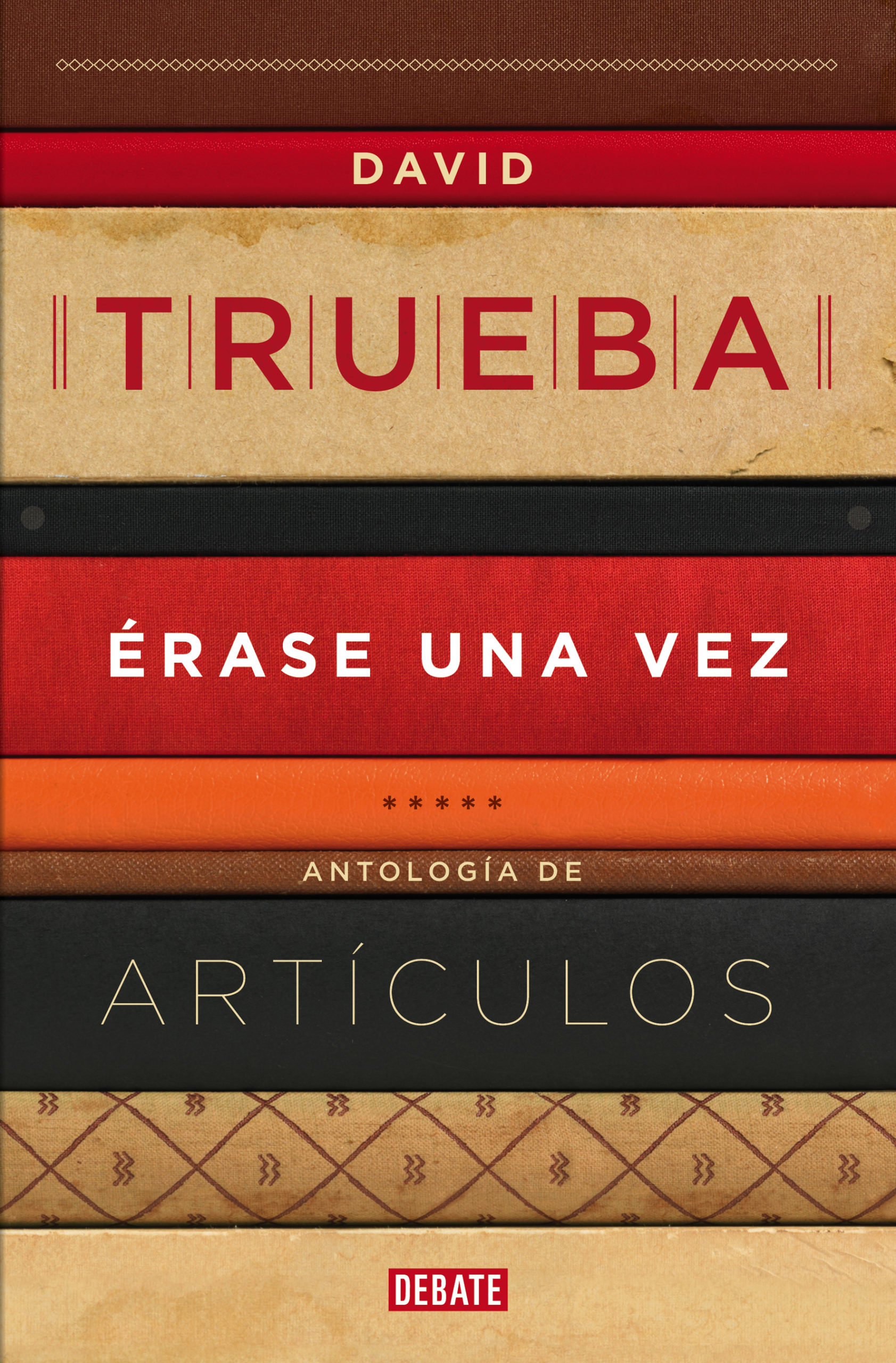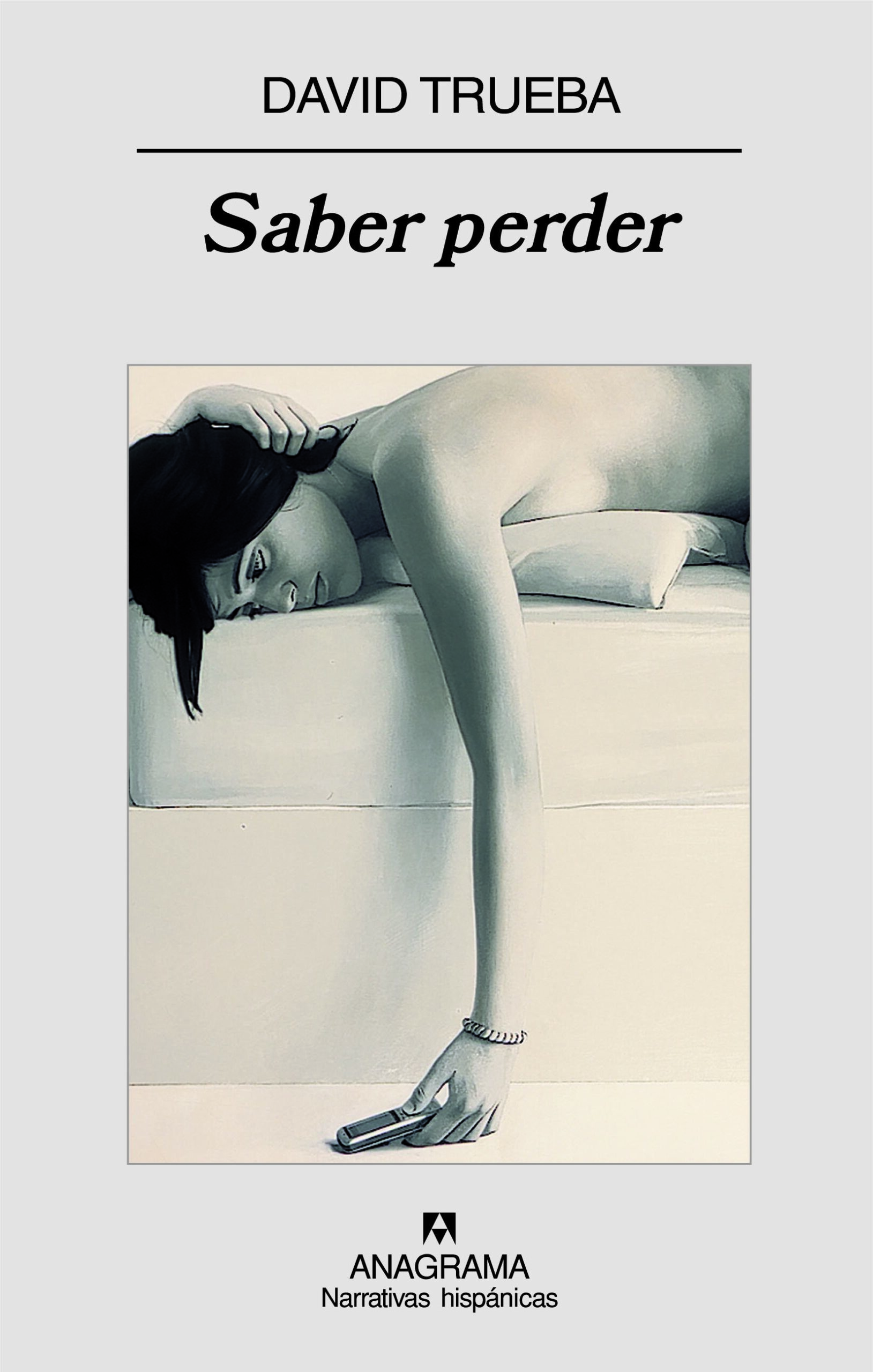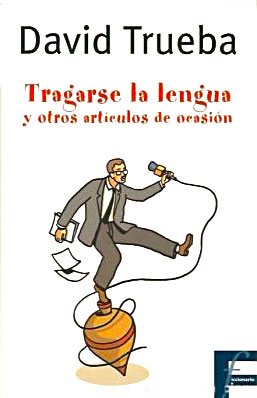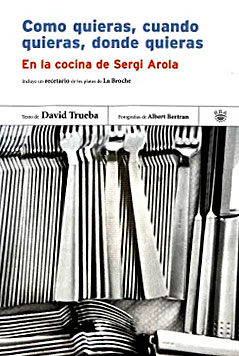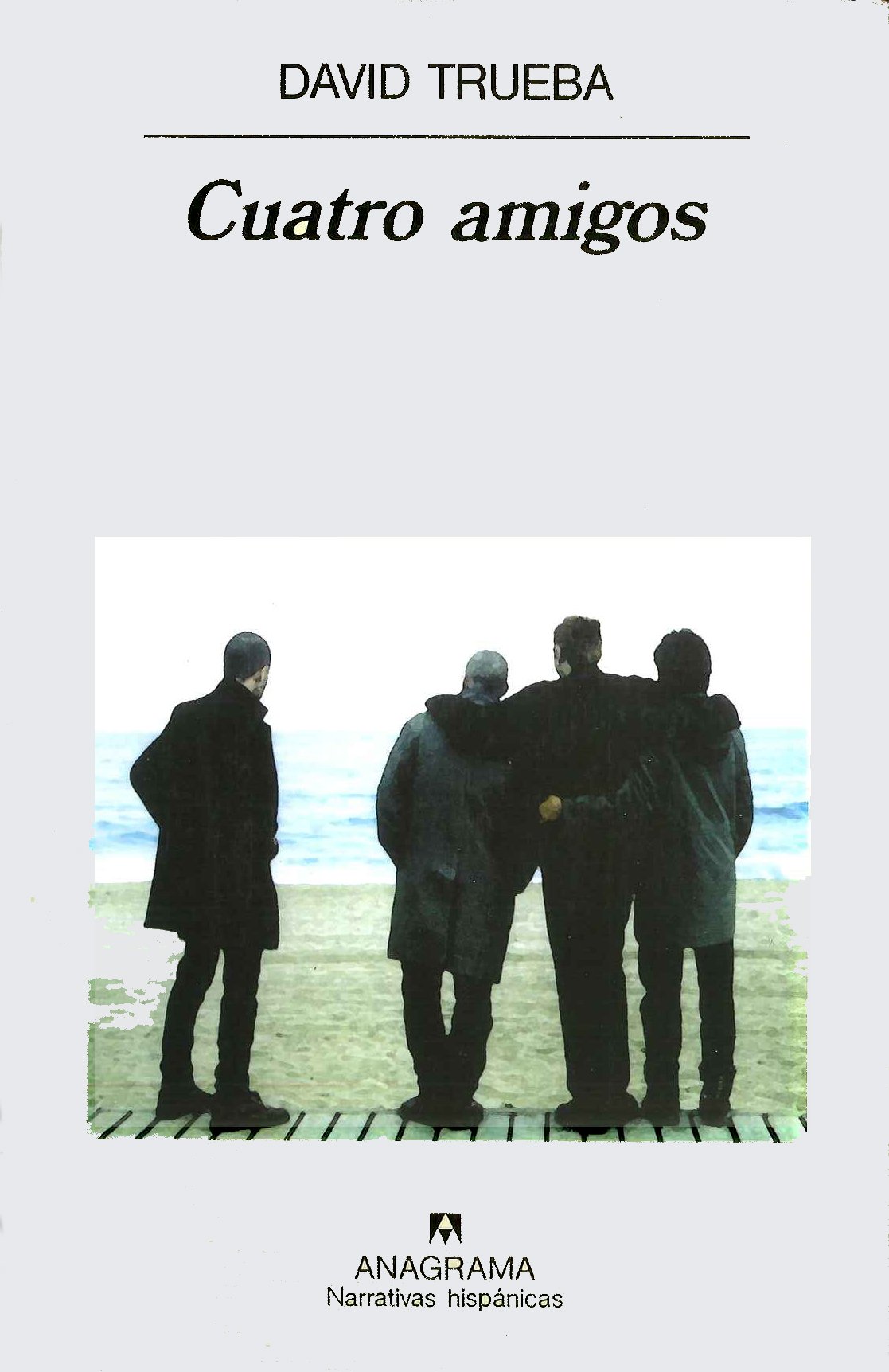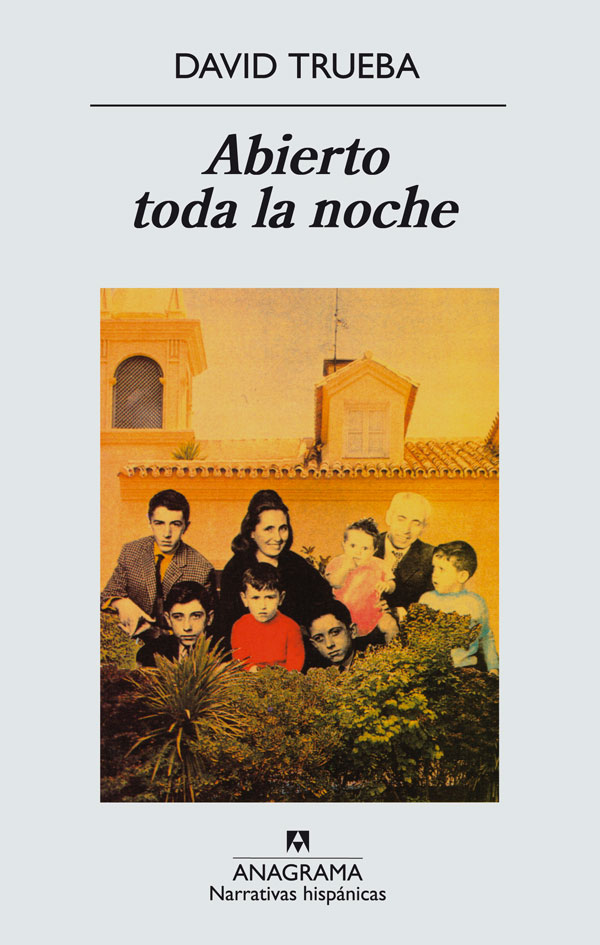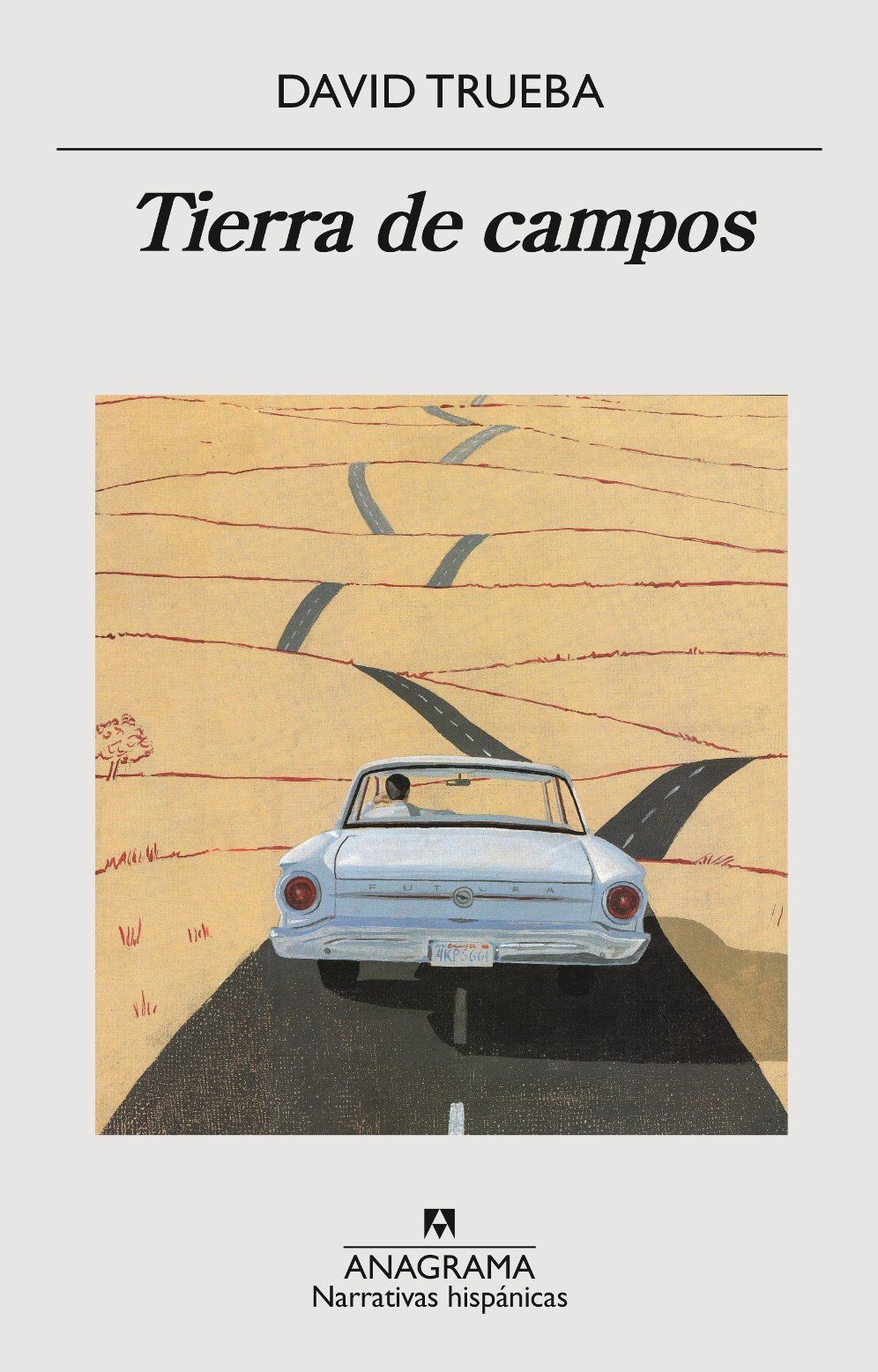
Tierra de campos
» Booksellers Recommend Award
» PEN Translation Award
» Prix du Roman FNAC
Like all Trueba’s works, this novel combines humour and melancholy, deals with family and loneliness, with the conflicts brought about by love and desire, professional and emotional frustration and the passion for learning. An intense, profound journey in which the traces and scars left by the passing of time can be felt.
The musician Dani Mosca, that fashioned an identity for himself by dint of ideals and dreams, as well as the odd helping of self-delusion and lies, set outs on a journey to bury his father in the village of his birth. Along the way, he looks back on his own past and comes face to face with his present. Who is the real Dani Mosca? Perhaps, as he himself claims, he is just some guy who writes songs, love songs mostly. But also, the child who grew up in a down-at-heel neighbourhood under his parents’ deep-rooted values. Someone who found friendship of the most meaningful sort in the haphazard way one tends to stumble across the great things in life, someone who travelled and revelled in plying his trade as a musician…
Underpinned by a sturdy structure, David Trueba once again brings his prodigious narrative prowess to bear, turning his penetrating gaze on the baffling contradictions that surround us and venturing forth, clear-eyed, into the labyrinth of emotion and feelings. The outcome is a dazzling book that throbs with life on every page.
«A rich and bountiful monologue, with a hint of humor that highlights the caustic but never bitter portrait of a generation. This fifth novel beautifully reflects that the passage of time is still Trueba’s great theme, full of sweetness and melancholy. As if it were a small thing, Trueba signs here a profound novel with a discreetly intoxicating melody.» Christine Rousseau, Le Monde
«20 books to read on Summer 2018 – ROLLING FIELDS by David Trueba: Memories, reflections, regrets: everything blends into the fluent writing of Trueba, who manages to deal with sweet irony even the most melancholy themes. The novel will please those who love the existential coast to coast, and firmly believe that a joke may be more enlightening than a treaty.» Monica Virgili, Corriere della Serra
«Regrets and melancholy of a musician who brings the body of his father to the cemetery: yet the novel by David Trueba puts the reader at ease.» Bruno Arpaia, La Repubblica
«A beautiful novel that braids drama and irony.» Elisabetta Pagani, La Stampa (4 ½ stars)
«David Trueba has the power to make us smile with tenderness and sorrow. A smile that proves that death could never wipe out love.» Page dés Libraires
«As per usual, David Trueba writes about the moulting of human beings under the unyielding test of time, and he does so using a delicate pen that can overcome any pain and help to get better.» Point de Vue
«The journey of a son with his father’s body prompts words of wisdom in David Trueba. (…) A book that deals with the reconciliation between generations.» Elisabetta Rosaspina, La Lettura
«The acute reflections on the music industry, inspiration, and on what is artist made or unmade of are enough to recommend this book. But there are many strong points in this novel, built like a vinyl record (…) Everything is subtly interwoven, and that main character that seems totally foreign to us, involves us with his universal questions. The story gives off a kind of beneficial optimism and warmth.» Philippe Richard, Ouest France
«Trueba writes about everyday life with a redemptive epic while avoiding sentimental pornography and cynicism. He wants to know who he is while we the readers try to figure out how is it possible that everything of his looks so much like ours.» Carlos Zanón, El País
«The narrative richness of the book is outstanding. Trueba has an instinct to extract from the language its paradoxes with a grace that comes only from a delicate attention to people’s conversations (…) The novel shines even brighter as life flirts with death and the ballad becomes sad. The reader appreciates such reflexive flashes of this good novelist.» J.M. Pozuelo Yvancos, ABC
«The novel can be read from different perspectives and each one enriches the other; the difficulty of growing up without roots, the deep marks that love and desire can leave, identity as a work in progress and the porous connection between art and life (…) Trueba, whose keen sense of humour doesn’t hide the melancholic after taste, has managed to put into words the unattainable; the passing of time and how “the past is upon us like dust on the furniture.» Domingo Ródenas, El Periódico (Book of the Week)
«A funny and bitter novel, full of intelligence and energy. It shows some miseries and the modest grandeur of a life. The character’s self-criticism is brave, exciting, and realistic. With a skillful and stimulating taste for risk, it combines many issues and registers: from rock mythology to family melodrama, from John Irving to Rafael Azcona, from Woody Allen to Pío Baroja.» Daniel Gascón, Letras Libres
«An effortless, fast-paced and light-hearted yet tremendously attractive piece of fiction, in the tradition of notable works such as Cuatro amigos.» Rafael Ruiz Pleguezuelos, Qué Leer
«And yet Trueba’s story – despite being inevitably veined with melancholy – is above all ironic and self-ironic story, aimed at celebrating the beauty of life even in its instability and its sadness. A kind of immense thanks for having had the opportunity to make this passage called life on this Earth.» 4/5 Lo sciame inquieto blog
English World: Weidenfeld & Nicolson; France: Flammarion; Italy: Feltrinelli
